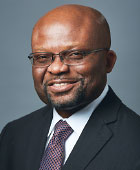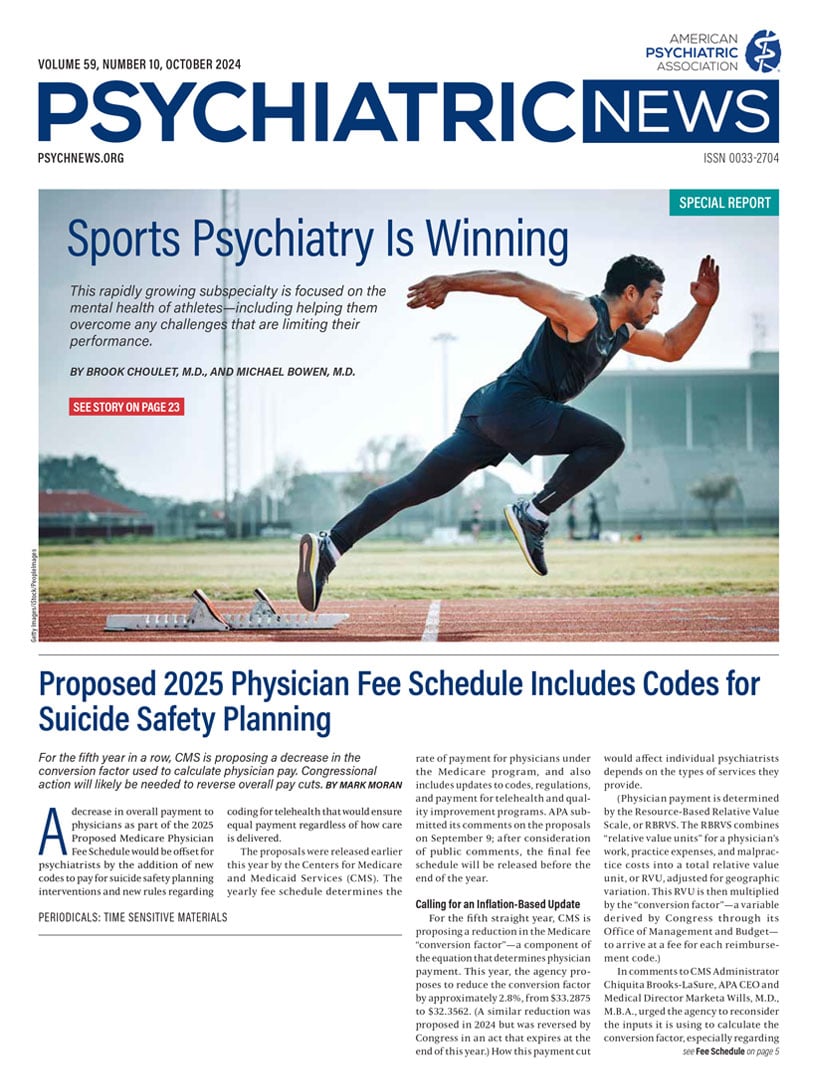The Netflix documentary “Stutz,” directed by actor Jonah Hill, chronicles the life and career of his therapist, Phil Stutz, M.D. Stutz is a famous psychiatrist based in Los Angeles who is known for working with Hollywood actors and celebrities, agents, writers, and producers, with some of whom he has participated in public interviews. The identities of some of his famous patients are readily available online.
Hill’s intention was to promote Stutz’s therapy techniques to a wider audience. Throughout the documentary, he interviews Stutz about his childhood and personal life. At times, Stutz also pushes Hill to share personal information as well, such as his experience with losing his brother to a pulmonary embolism seven years ago. Stutz and Hill have a very close relationship that oftentimes seems to cross the boundaries of a typical physician-patient relationship; for instance, they both say that they love each other multiple times throughout the documentary, and at one point, Stutz jokes about sleeping with his patient’s mother. The relationship comes across as friends rather than professional.
The recent New York Times article “The Gamer and the Psychiatrist,” tells the story of psychiatrist Alok Kanojia, M.D., who livestreamed several interviews on Twitch with Byron Bernstein, a famous video gamer also known as Reckful. (Full disclosure: I am quoted in the article.) Kanojia began his interviews of Bernstein by informing him that these were not therapy sessions but rather conversations. According to the Times article, Bernstein then proceeded to talk about his older brother’s death by suicide, his own suicide attempt and suicidal thoughts, his bouts of depression, his childhood trauma, and other details of his personal history.
A psychologist who observed these interactions opined that they were not distinguishable from therapy. Even Bernstein seemed to believe they were. Unfortunately, he died by suicide at 31 years old, months after his and Kanojia’s last public conversation on Twitch.
What Physician-Patient Relationship?
Clinical interactions between patients and their psychiatrists via telehealth and social media outlets expanded dramatically during the COVID-19 pandemic and thereafter. According to the Times article, “it is now common for licensed clinicians to interact with members of the public on livestreams, video calls or social media. Many operate life-coaching businesses that are separate from their clinical work, holding therapylike sessions that are not subject to medical regulation.” It is increasingly common for individuals to openly discuss their mental health challenges and treatment in public forums, including at psychiatric conferences, often with their psychiatrist.
The educational value of these presentations, including interviews of patients by their psychiatrist, cannot be overstated. Nevertheless, there are equally serious potential ethical pitfalls that must be addressed. For example, the looseness of interactions on social media and other outlets could lead a psychiatrist to believe they could offer psychotherapeutic or pharmacotherapeutic advice during interactions with an individual or group.
Topic 3.1.1 of the APA Commentary on Ethics in Practice counsels psychiatrists to be “cautious in interactions with persons who are not (or not yet) patients to avoid rendering input, advice, or other suggestions (over the phone or through other media) that might lead to the assumption or expectation that a treatment relationship has begun.” Although a physician-patient relationship is established by mutual consent, such consent can be implied when an individual presents their condition to a psychiatrist, the psychiatrist listens to the symptoms, and then offers psychiatric advice based on a presumed diagnosis or differential diagnosis of the individual’s complaints.
If the individual subsequently follows the advice offered and comes to harm, the psychiatrist would be hard pressed to explain the nonexistence of a physician-patient relationship.
In Whose Best Interest?
Another issue of concern involves the patient’s consent to participate in a public interview, whether it is via the media or at a conference. The consent process should be enhanced to include informing the patient of the potential implications of participation, including who may have access to the interview (inclusive of a worldwide audience) and that it may be available indefinitely if recorded and stored. Additionally, discussions should include the potential impact of the activity on future employment opportunities or relationships, which may not be an immediate concern of the patient.
The psychiatrist must carefully consider whose best interest is being served by a proposed activity. Topic 3.1.1 of the APA Commentary emphasizes the goal of the physician-patient relationship is to promote patient health and well-being, embodying the ethical considerations of respect for persons, fairness, and beneficence. The psychiatrist is responsible for rendering medical care in the patient’s best interest while respecting their goals and autonomy.
The APA Commentary further highlights the vulnerability of patients to undue influences, and admonishes psychiatrists to be sensitive and careful that their behavior does not physically, sexually, psychologically, spiritually, or financially exploit or harm a patient. Even a patient’s enthusiastic desire to participate in a public activity should invite a rigorous examination of their motives—to please the psychiatrist or others, for example, or a misguided pursuit of fame—as well as the psychiatrist’s persuasion. An activity that is largely in the best interest of the psychiatrist or a third party and not the patient is unethical.
The APA Ethics Committee has addressed questions related to this topic over the years. You can find them in “Opinions of the Ethics Committee on The Principles of Medical Ethics” (Questions A4, A11, D7, and D11), available
here. ■

